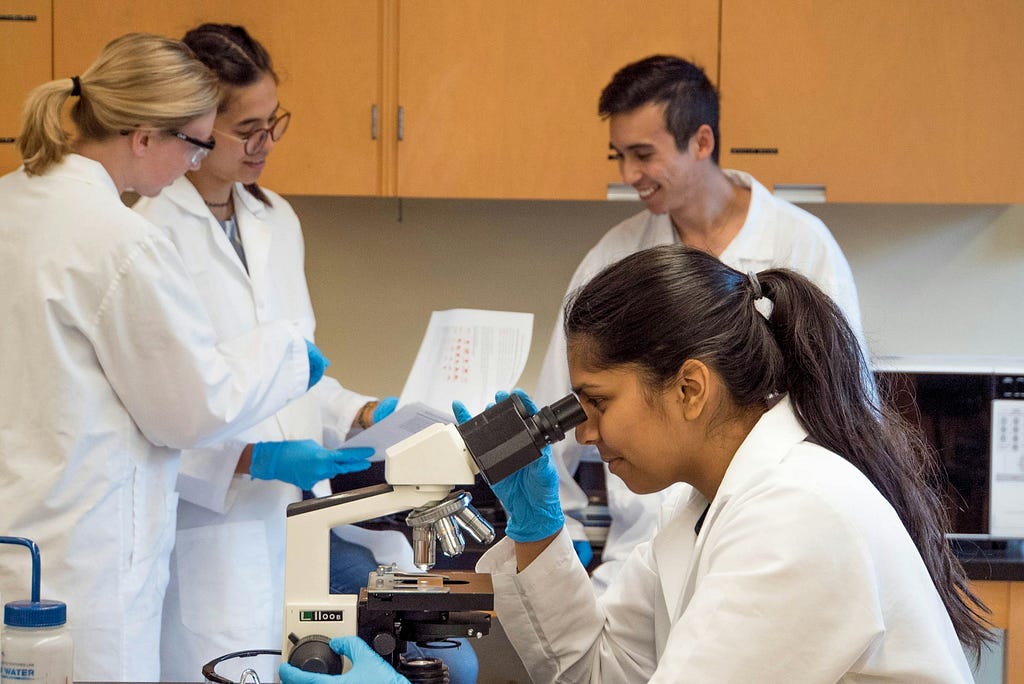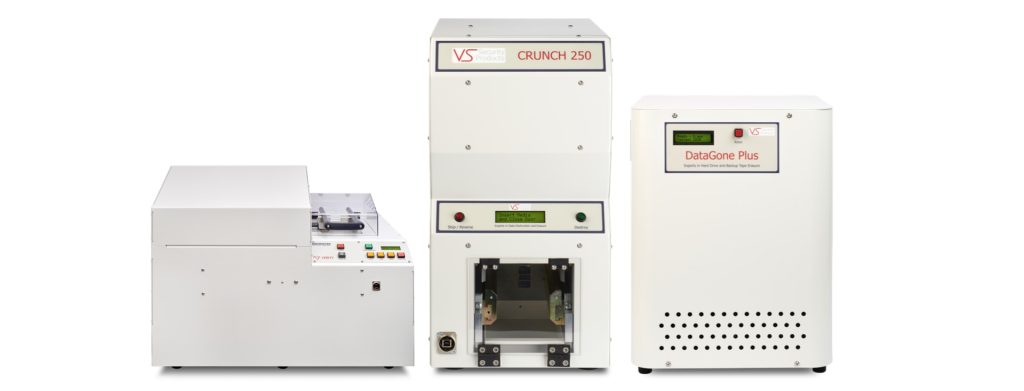Lurking in the Shadows: Why Medical Labs Must Destroy Legacy Data on Old Hard Drives

Medical laboratories are the backbone of modern healthcare, churning out vital test results that guide diagnoses and treatment decisions. However, beneath the surface of this life-saving work lies a hidden threat — the vulnerability of patient data stored on aging hard drives.
A Treasure Trove for Malicious Actors
Legacy data on old hard drives, often neglected in the digital age, is a goldmine for cybercriminals. This data contains a wealth of sensitive patient information, including:
- Personally Identifiable Information (PII): Names, social security numbers, addresses, and phone numbers.
- Medical History: Past diagnoses, medications, allergies, and treatment details.
- Test Results: Bloodwork, imaging scans, and other sensitive diagnostic information.
In the wrong hands, this data can be used for a variety of nefarious purposes:
- Medical Identity Theft: Criminals can use stolen patient information to obtain fraudulent prescriptions, medical services, or even loans.
- Black Market Sales: Medical data can be sold on the black market for a high price, fueling further criminal activity.
- Public Humiliation: Sensitive medical information can be used to blackmail or embarrass patients.
HIPAA and the Responsibility to Protect
The Health Insurance Portability and Accountability Act (HIPAA) mandates that medical labs safeguard patient data.Failure to do so can result in hefty fines and reputational damage.
Destroying the Past to Secure the Future
Many labs mistakenly believe simply formatting old hard drives is sufficient. However, data recovery techniques can easily bypass formatting, leaving sensitive information vulnerable.
Here’s how medical labs can ensure complete data destruction and HIPAA compliance:
- Inventory Legacy Drives: Identify all inactive hard drives containing patient data.
- Implement a Data Destruction Policy: Establish clear procedures for secure data disposal, including degaussing and physical shredding of hard drives.
- Partner with a Reputable Vendor: Utilize a certified data destruction service provider with a proven track record of secure practices. You may also want to consider on-site destruction.
The Cost of Neglect
The cost of a data breach involving patient information can be immense, encompassing financial penalties, legal fees, and reputational damage. Investing in secure data destruction is a small price to pay for safeguarding patient privacy and ensuring HIPAA compliance.
Turning the Page on Vulnerability
By prioritizing data destruction, medical labs can write a new chapter in patient data security. This proactive approach demonstrates a commitment to patient privacy, builds trust, and fosters a secure environment for delivering critical medical services. Remember, safeguarding legacy data is not just a regulatory obligation, but an ethical imperative in protecting the health information entrusted to your care.
If you are looking for a secure data solution to erase information from hard drives stored at your local facility, get in contact with us to explore the various options: [email protected]
Photo credit: Katsande

